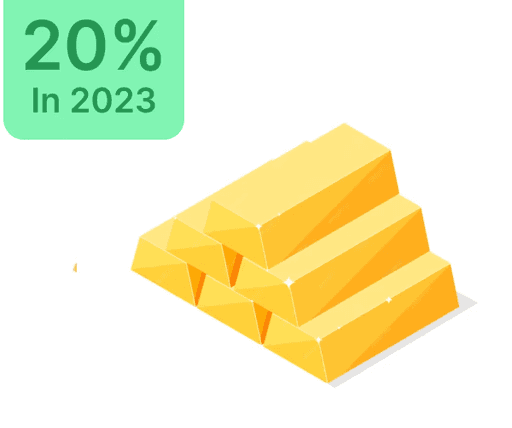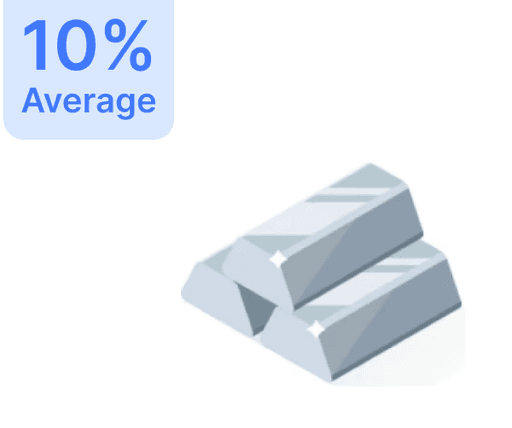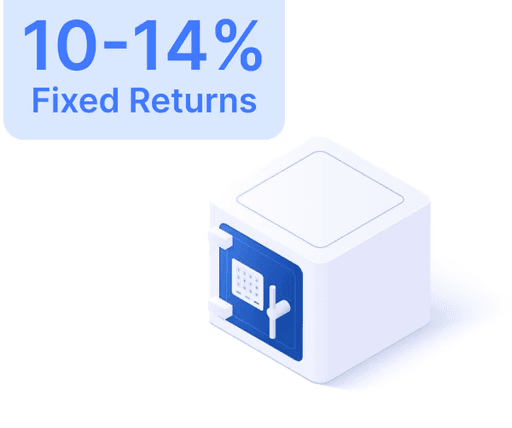
ETFs vs Index Funds: Which Investment Suits You Best?

 Jun 17, 2024
Jun 17, 2024 8 Mins
8 MinsETFs vs Index Funds: Which to Choose for Investment?
ETFs and index funds are the forefront of passive investing, gaining popularity in recent years. Passive funds, comprising ETFs, index funds, and funds of funds (FoFs), have seen assets surge over 400% in five years, hitting Rs 6.36 lakh crore by the end of 2022.
This growth is attributed to factors like low costs, minimal management, and adaptability, spearheaded by the underperformance of active funds. In 2022, 67% of active large-cap funds lagged behind the Nifty 100 index.
With passive investing, investors can opt for ETFs or index funds. Both align with an underlying index yet offer distinct benefits and drawbacks.
Exchange Traded Funds (ETFs) are traded like stocks, requiring a demat and trading account, with potential price and NAV deviations. They boast lower expenses, averaging a 0.07% expense ratio for Nifty 50 ETFs.
Conversely, index funds operate like regular mutual funds without needing a demat account or experiencing price-NAV discrepancies. Their average expense ratio stands at 0.22% for Nifty 50 index funds.
Key evaluation parameters include lower expense ratios for ETFs and fewer tracking errors, indicating superior index replication. Historically, ETFs offer marginally higher returns, with a 5-year average return of 13.53% versus 13.23% for index funds.
Caution is warranted for ETFs due to the potential price-NAV gap and liquidity challenges in low-liquidity ETFs.
Ultimately, the choice between ETFs and index funds hinges on individual investor preferences and requirements. ETFs provide lower costs, enhanced tracking, and better returns but pose price-NAV gaps and liquidity risks. Index funds are straightforward to invest in, free from these concerns. Selecting the right option depends on aligning with one's investment objectives and strategies.




